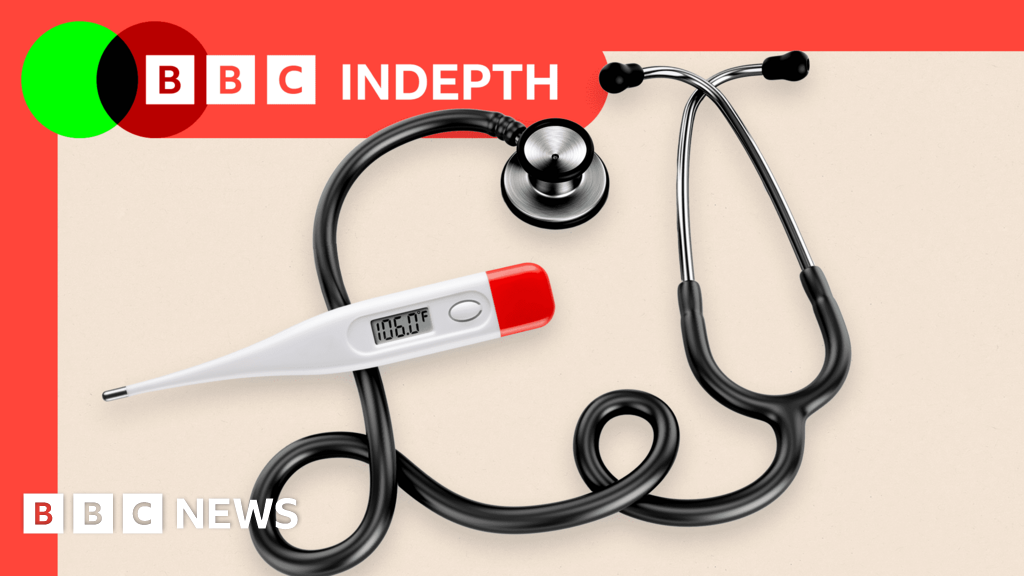Researchers at LMU Munich have shown that sleep enhances the migratory potential of T cells toward lymph nodes.
Sleep is healthy — this popular knowledge is backed by science. Previous research had already shown that in people who slept after a vaccination, the immune response was twice as strong on average as in people who did not sleep during the night after the vaccination. However, the cell biological reasons for this had been little investigated before now.
A team led by Professor Luciana Besedovsky from the Institute of Medical Psychology has now demonstrated that sleep promotes the potential of immune cells — so-called T cells — to migrate toward lymph nodes. The researchers have reported their findings in the journal Brain, Behavior, and Immunity.
Significant differences after sleepless night
The scientists repeatedly examined the concentration of various subgroups of T cells in the blood of a cohort of healthy men and women over the course of two 24-hour sessions. In one of the two test conditions, the participants were allowed to sleep at night for eight hours, while in the other they relaxed in bed at night but stayed awake. A forearm catheter connected to an adjacent room by means of a tube enabled blood collection without disturbing the participant’s sleep.
Analysis of the blood samples revealed significant differences between the test conditions: “Our results show that sleep promotes the migratory potential of various T-cell subpopulations,” says Besedovsky.
Migration of T cells toward lymph nodes
As the researchers demonstrated, sleep increases the directed migration of T cells toward a signaling protein, the so-called ‘homing’ chemokine CCL19. This molecule mediates the migration of T cells, which possess the corresponding receptor for CCL19, to the lymph nodes, where the T cell immune defenses are ‘trained’ by being presented with antigens — for example, after a vaccination.
In further experiments, the researchers showed that incubating T cells with blood plasma taken from sleeping participants likewise increased the migratory potential. “This demonstrates that soluble factors that are elevated in blood plasma during sleep mediate the effect of sleep on T-cell migration. So we can in a way recreate the effect of sleep in the lab using the blood plasma of sleeping persons,” reports Besedovsky.
The scientists identified growth hormone and prolactin as the decisive factors for this migration behavior. Both hormones showed sleep-dependent changes in concentration in the plasma, with higher values among the participants who slept during the night.
“Our results also have potential clinical implications,” says Besedovsky. “Thus, growth hormone and prolactin could be considered as new adjuvants to promote immune responses following vaccination, especially in aged people, who typically display reduced levels of these hormones during sleep.” Overall, the authors see the study as an important step for better understanding why sleep supports immune responses — for example, after vaccination — and why vaccines are often less effective in older people.


